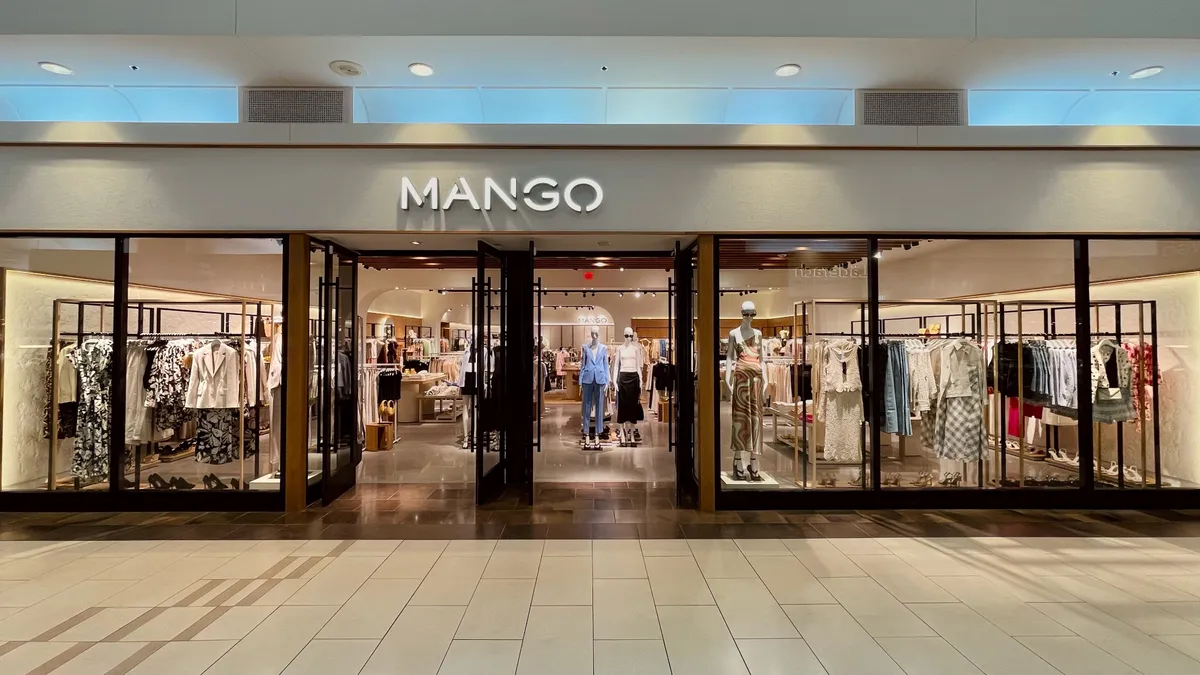Editor's Note: The following is a guest post from Harry Goodnight, an executive advisor at the Sweetbridge Blockchain Alliance.
In business and economics, decentralization often refers to the ability to participate in a market and exchange value between peers without the interference of a third-party intermediary who most likely controls and restricts barriers of entry. As Ethereum co-founder Vitalik Buterin explains in his blog post “The Meaning of Decentralization,” blockchain is politically and architecturally decentralized, meaning no entity one controls it and there’s no central point of failure in its infrastructure. In this way, a decentralized supply chain would allow for a frictionless vehicle of business-to-business value exchange amongst even the smallest players in the industry.
Decentralization is defined as the transfer of power away from a central location or authority. As a concept, it is not new; as a business model, however, it is a powerful idea. Some sociologists claim that decentralization and centralization theories have actually been occurring in cycles for the last 4,000 years, causing the rise and subsequent fall of ruling states and empires. Throughout history, the core theory behind decentralization has remained the same: dispersing power from authorities and empowering smaller, individual entities with the ability to act in their own self-interest.
Why decentralization is necessary for modern supply chains
This is especially necessary in the supply chain industry, which has historically suffered from a number of issues that hinder its efficiency. Its main roadblock is that current supply chains are unable to become agile, which poses a significant problem in a market in which they must be able to change their configurations quickly and continually to meet the constantly-changing dynamics of supply and demand. Another major disadvantage is that methods of communication tend to vary greatly, with some companies still relying on manual paperwork. As a result, data storage becomes locked away in in proprietary systems that don’t allow for collaboration.
Supply chain companies also tend to face cultural and organizational issues, such as executing operating plans due to corporate goals, board restrictions and the competitive nature of the market. Consequently, companies have revoked social contracts, mistreated skilled laborers and underutilized their professional talent assets.
This mismanagement has serious financial consequences: for instance, $4.2 trillion is locked up in net working capital in today’s supply chains. By allowing today’s virtual supply chains to break from the company-centric, server-based environments in which they currently find themselves, they will become less brittle, more scalable and fully leverage the underutilized skills and assets available in modern-day business networks. Even a 1% improvement in Invoice-to-Cash cycle times would immediately return about $42 billion in cash to operations.
How can blockchain remedy the issues of centralization in supply chains?
When looking at its positive implications, blockchain is the most logical next step for supply chain managers and logistics providers. Blockchain was brought to the mainstream through cryptocurrencies like bitcoin and Ethereum. It creates an unchangeable digital ledger that provides a record of financial transactions in chronological order. This technology has been increasingly adapted to address gaping deficiencies in other fields, from education to voting to real estate. Through blockchain, massive networks of decentralized autonomous individuals and organizations can grow and operate seamlessly within a decentralized, distributed operating platform.
Blockchain also provides an efficient and viable solutions to the aforementioned hurdles that are restricting today's supply chain. Specifically, it offers opportunities to synchronize processes that occur within supply networks, resulting in reduced Cost-of-Goods-Sold (COGS) and more cash freed from working capital.
The solution to many of these recurring issues in supply chain primarily involves people. By creating networks of skilled individuals and decentralized autonomous organizations, immense value can be brought to companies, supply chains, and customers. These networks align economic incentives so that everyone prospers, based on their contributions of time, skill, and intellectual property. These contributions are monitored and administered through outcome-based smart contracts on the blockchain. This new vision of decentralization has the potential to radically transform the supply chain space.
Harry Goodnight is an executive advisor for the Sweetbridge Blockchain Alliance with more than 30 years of experience in decentralized autonomous value networks and economies, advanced technology and supply chain management.





















